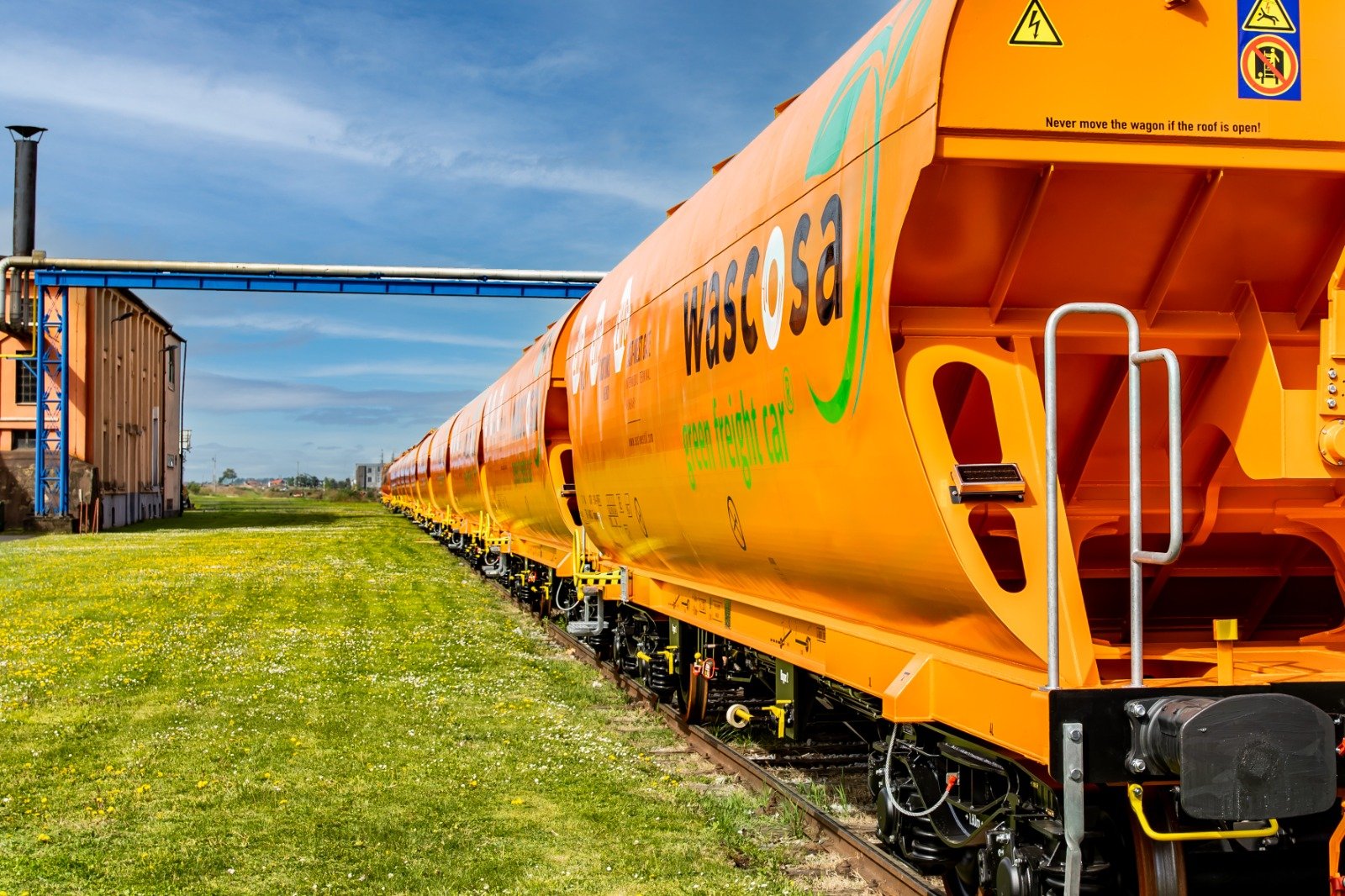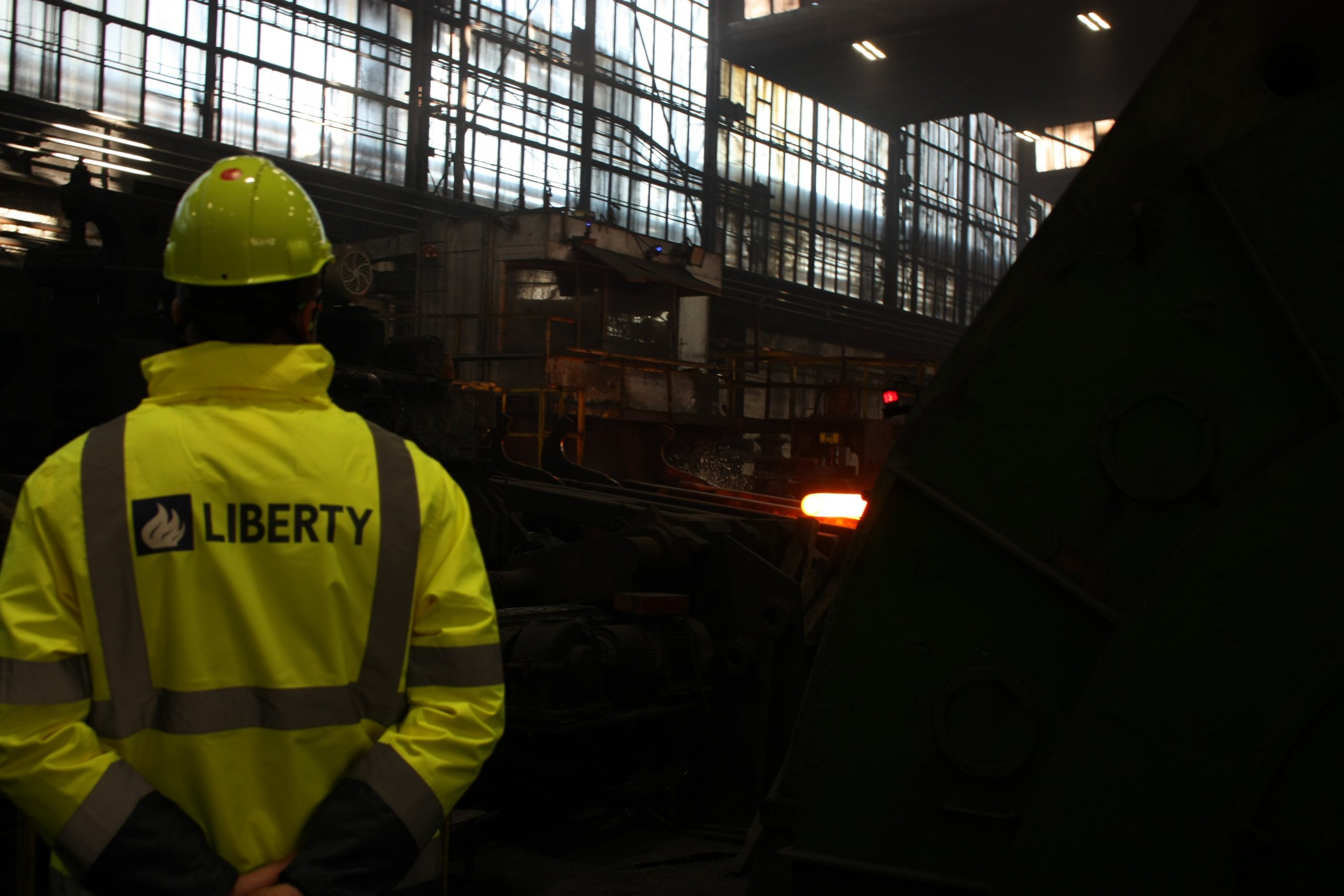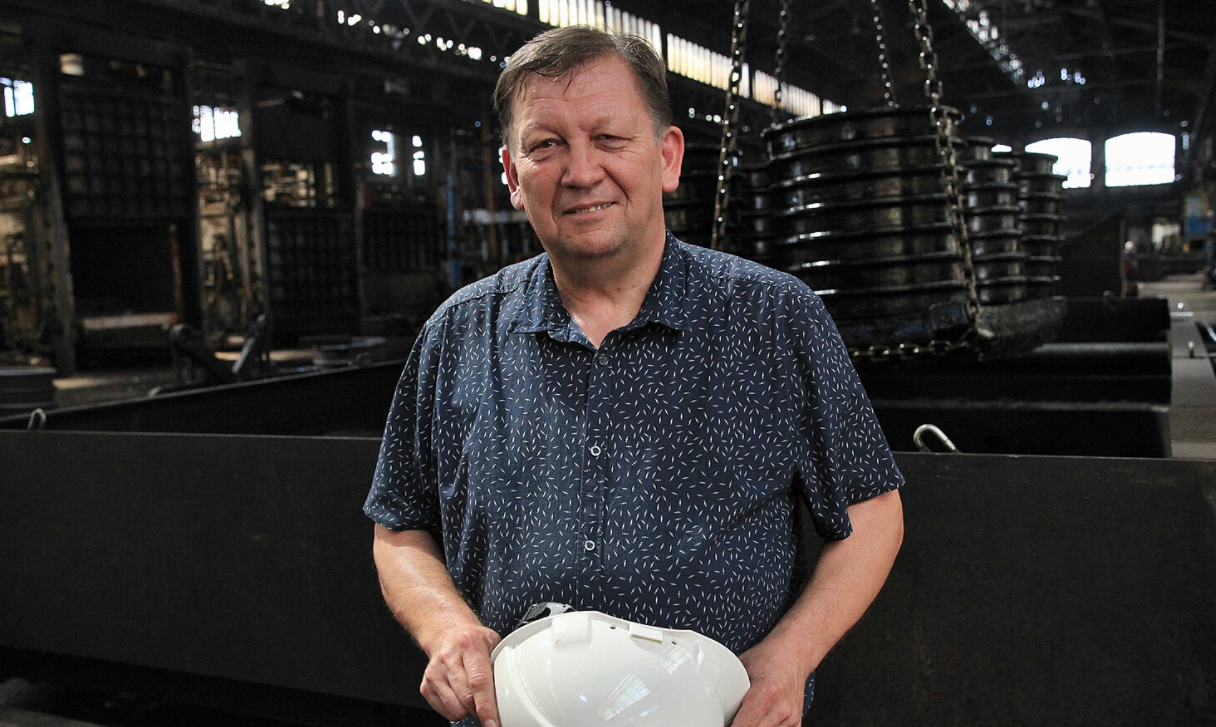
Logo for download
Contact
Phone: (+420) 730 521 321
Email: info@ce.industries
they wrote about us
 06/03/25
Strnad's CE Industries earned 785 million the year before last, Croatian wagons played the main role
06/03/25
Strnad's CE Industries earned 785 million the year before last, Croatian wagons played the main role
 24/01/25
Another production plant started in Liberty in Ostrava, a rolling mill for flat products was launched
24/01/25
Another production plant started in Liberty in Ostrava, a rolling mill for flat products was launched
 23/12/24
Croatian Đuro Đaković is doing well under the Czech Republic. We are heading towards the production of 1,000 wagons per year, says director Maroušek
23/12/24
Croatian Đuro Đaković is doing well under the Czech Republic. We are heading towards the production of 1,000 wagons per year, says director Maroušek
 11/11/24
Liberty Ostrava resumed operation of the pipes plant. Hundreds more people are now working.
11/11/24
Liberty Ostrava resumed operation of the pipes plant. Hundreds more people are now working.
 18/10/24
We are finally back, some Liberty Ostrava employees rejoice. The plant resumes production of welding rods.
18/10/24
We are finally back, some Liberty Ostrava employees rejoice. The plant resumes production of welding rods.
 03/09/24
Financial boost for Liberty. Operation of part of the production will be provided by Jaroslav Strnad's company
03/09/24
Financial boost for Liberty. Operation of part of the production will be provided by Jaroslav Strnad's company
 21/08/24
Strnad will modernize retired Black Hawk helicopters. He's bought a company with American soldiers
21/08/24
Strnad will modernize retired Black Hawk helicopters. He's bought a company with American soldiers
 07/08/24
MICo and Chemcomex will participate in the supplies for the new construction of the Dukovany blocks
07/08/24
MICo and Chemcomex will participate in the supplies for the new construction of the Dukovany blocks
 26/02/24
Strnad sold the energy company Advance Energo to Veolia. He continues to believe in the energy sector, but will bet mainly on nuclear
26/02/24
Strnad sold the energy company Advance Energo to Veolia. He continues to believe in the energy sector, but will bet mainly on nuclear
 10/10/23
We want to be the European number three in the production of freight wagons, says the head of Strnad's CE Industries Group
10/10/23
We want to be the European number three in the production of freight wagons, says the head of Strnad's CE Industries Group
 29/12/22
It's not about energy prices, but about differences across Europe, says head of Strnad's CE Industries group
29/12/22
It's not about energy prices, but about differences across Europe, says head of Strnad's CE Industries group
 01/09/22
Tatra rescuers buy Croatia's largest engineering plant. Strnad and Matera will produce freight wagons there
01/09/22
Tatra rescuers buy Croatia's largest engineering plant. Strnad and Matera will produce freight wagons there
 27/06/22
Vítkovické železniční opravny shops increased their sales last year, but their profit dropped slightly
27/06/22
Vítkovické železniční opravny shops increased their sales last year, but their profit dropped slightly
 14/05/20
The government wants to pass on the possible increase in electricity prices due to nuclear power to consumers. There should be a new item in the invoices
14/05/20
The government wants to pass on the possible increase in electricity prices due to nuclear power to consumers. There should be a new item in the invoices
 12/05/20
ČEZ continues to shut down coal despite covid impacts, this year it will shut down Prunéřov I
12/05/20
ČEZ continues to shut down coal despite covid impacts, this year it will shut down Prunéřov I



























